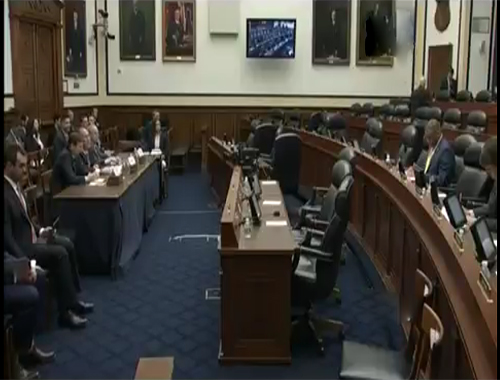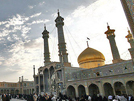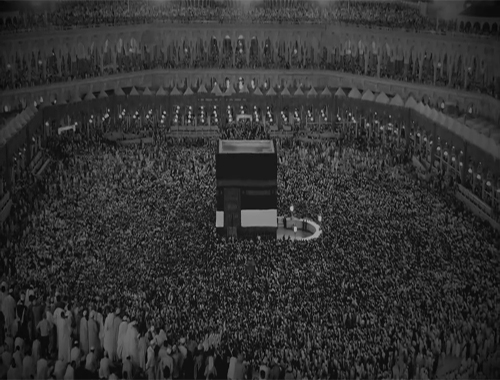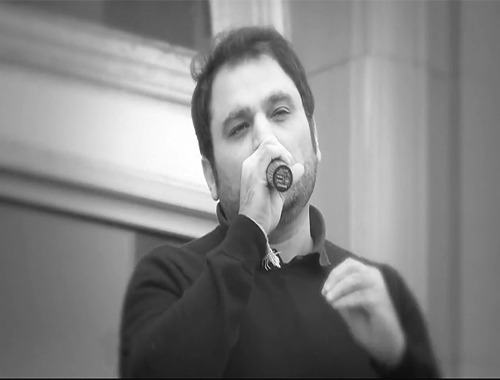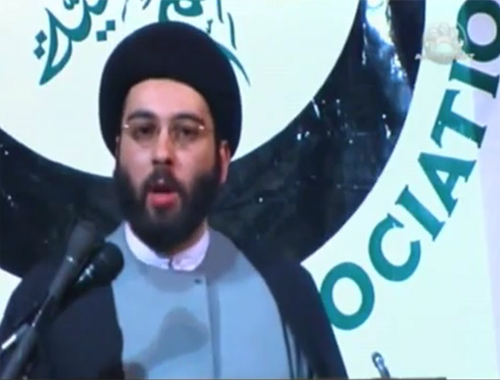Belief in the Prophecy and ImÄmate
- Details
- Hits: 4262
Belief in the Prophecy and ImÄmate
Now we will discuss another aspect of the issue, which is the position of those non-Muslims who are monotheists and believe in the Resurrection and perform their actions for God.
Among the People of the Book, people can be found who neither believe the Messiah (Jesus the son of Mary) nor Ezra to be the son of God; they are neither dualists nor fire-worshippers. They do not say, “The Messiah is the son of God,” or “`Uzayr is the son of God,” nor that AhrÄman is the god of evil; they also believe in the Day of Judgement. What is the outcome of the actions of such people?
Right now our discussion is not about those inventors, innovators, and servants of humanity who are materialists and deny God’s existence, and whose practical motives naturally do not transcend the material realm. From the preceding discussions, our view regarding them from the perspective of IslÄm was made clear. Our discussion in this section pertains to those good-doers who believe in Creation and in the Resurrection, and thus are able to have a higher motive in their actions and work towards a goal that goes beyond the material realm.
It is said that Edison and Pasteur were such people, that they were religious people and had religious motives. That is, in their actions they, just like religious Muslims, worked for God’s pleasure and with a Divine motive. In reality, these Christians (Edison and Pasteur) are not Christians [they may be called dispositional Muslims], because if they were Christians and believed in the creeds of the existing Christianity, they would regard the Messiah as God, and naturally it would not be possible for them to be true monotheists; perhaps few of today’s Christian intellectuals believe in the superstitions of the Trinity.
In order to answer this question, one must determine in what way faith in the Prophethood and ImÄmate (Divinely appointed leadership) are necessary, and why such faith is a condition for the acceptance of actions.
It appears that faith in the Prophets and friends of God is involved in the acceptance of actions for two reasons:
First, recognition of them goes back to recognition of God. In reality, recognition of God and His affairs is incomplete without recognition of His friends. In other words, recognition of God in a complete form is to recognize the manifestations of His guidance.
Second, recognition of the station of Prophethood and ImÄmate is necessary because without it, it is not possible to obtain the complete and correct program of action to achieve guidance.
The big difference between a Muslim good-doer and an unbelieving good-doer is that the unbeliever who does good deeds does not possess the proper program to achieve guidance and thus has only a negligible chance of success. In contrast, since the Muslim has submitted to a religion that has a comprehensive and proper program for guidance, he or she is assured of success if he or she implements that program correctly.
Good deeds do not consist only of doing good to others; all obligatory, forbidden, recommended, and disliked actions also form part of the program of good deeds.
The practicing Christian, who is outside the fold of IslÄm and who lacks the correct program is deprived of its great gifts since he or she commits actions which are prohibited. For example, alcohol is forbidden, but he or she drinks it. We know that alcohol was prohibited because of its personal, societal, and spiritual harms and naturally one who drinks alcohol will face its harms, similar to how a person who is deprived of the guidance of a doctor may do something which makes his or her heart, liver, or nerves prematurely sick and shortens his or her life.
In the program of IslÄm, there are some commands which are conditional to act upon for spiritual perfection and development. It is obvious that a non-Muslim, no matter how unprejudiced and free of obstinacy, by virtue of being deprived of the complete program of human perfection, will also remain deprived of its features.
Such a person will naturally be deprived of the great acts of worship, such as the five daily prayers, fasting during the month of RamadhÄn, and pilgrimage to the House of God (Ĥajj). He or she is like someone who plants seeds without a systematic method of farming; in no way will the product such a person obtains be like that obtained by a person who sows the earth according to a comprehensive and proper program, plants at an appropriate time and weeds at the proper time, and in short performs all the necessary technical steps.
The difference between a Muslim and a non-Muslim good-doer can be explained like this: the Muslim good-doer is like a sick person who is under the care and direction of an expert doctor; his or her food and medicine are all under the direction of the doctor. With regard to the type of medicine and food and its timing and amount, he or she acts completely as directed. However, the non-Muslim good doer is like a sick person who has no such program and acts as he or she pleases; he or she eats whatever food or medicine that comes into his or her hand. Such a sick person may occasionally consume a beneficial medicine and get a positive result, but it is just as likely that he or she will make use of a medicine that is harmful or even fatal. Similarly, it is possible he or she may eat a beneficial food, but by subsequent negligence or by eating the wrong food, may cancel the beneficial effect of the first food.
With this explanation, it becomes clear that the difference between a Muslim and a non-Muslim who believes in God is that the Muslim is a theist who possesses a proper program, while the non-Muslim theist performs his or her actions without a correct program. In other words, the Muslim has been guided, and the non-Muslim, though he or she believes in God, is misguided. In this very regard the Qur’Än says:
ÙÙŽØ¥Ùنْ أَسْلَمÙوا Ùَقَد٠اهْتَدَوا
“So if they submit, they will have achieved guidance.”[67]
From all that we have said in the last two sections, it has become clear that all non-Muslims are not equal in terms of being rewarded for good deeds; there is a great difference between a non-Muslim who doesn’t believe in God and the Resurrection and one who believes in God and in the Day of Judgement but is deprived of the gift of faith in the Prophethood. For the first group, it is not possible to perform an action acceptable to God, whereas for the second it is possible. It is possible for this group to go to Heaven under certain conditions, but for the first group it is not possible.
Apparently, the reason that IslÄm differentiates between polytheists and the People of the Book in its laws of interaction – in that it doesn’t tolerate the polytheist but tolerates the People of the Book, it forces the polytheist to abandon his or her belief but doesn’t force the People of the Book – is that the polytheist or atheist, by virtue of his or her polytheism or denial, forever closes the gate of salvation for him or herself and is in a condition of having deprived him or herself of crossing the material world and ascending to the higher world and eternal Paradise. However, the People of the Book are in a condition in which they can perform good deeds, even if in a deficient manner, and with certain conditions can attain the results of those actions.
The Qur’Än says, addressing the People of the Book:
تَعٌالَوا Ø¥Ùلَــى كَلَمَة٠سَوٌاءَ بَيْنَنٌا وَبَيْنَكÙمْ أَلاَّ نَعْبÙدَ Ø¥Ùلاَّ اللٌّهَ وَلاٌ Ù†ÙشْرÙÙƒÙŽ بÙه٠شَيْئًا وَلاٌ يَتَّخÙØ°ÙŽ بَعْضÙنٌا بَعْضاً أَرْبٌابًا Ù…Ùّنْ دÙون٠اللٌّهÙ
“Come to a common word between us and yourselves, that we worship none but God and associate none with Him, and that we take not each other as lords in place of God.”[68]
The Noble Qur’Än has given the People of the Book such a call, but has absolutely not given and does not give such a call to polytheists and atheists.


